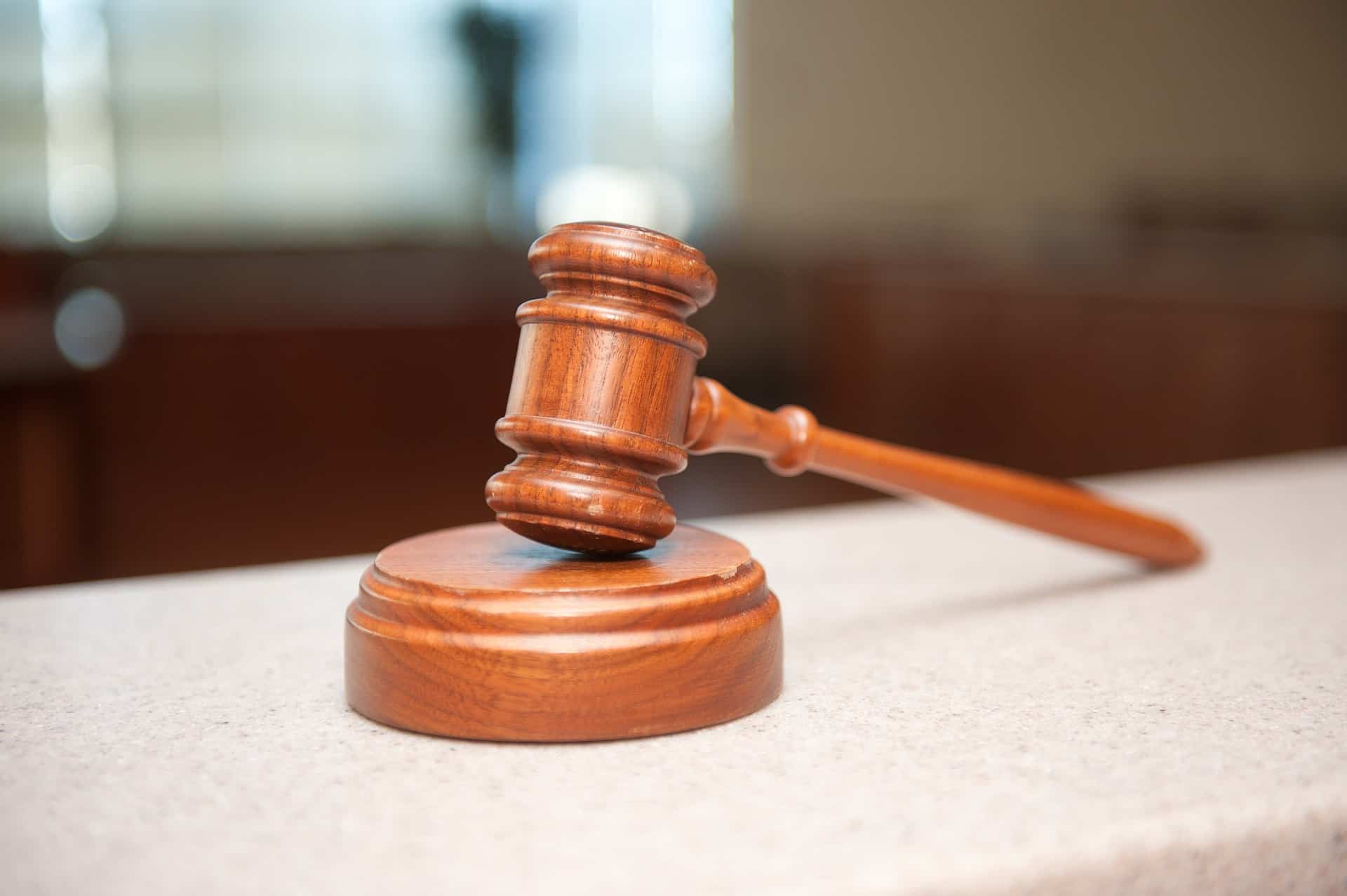In a legal win for the U.S. Securities and Exchange Commission, a judge has denied Ripple Labs’ request for the SEC to stop using “requests for assistance” to foreign regulators to obtain information on Ripple and XRP transactions overseas.
U.S. Magistrate Judge Sarah Netburn, in her ruling, also ordered the SEC to produce all documents obtained through the use of the formal requests. In addition, the SEC was directed to produce copies of all previously served requests within 14 days and any subsequent requests within 14 days of their service so as to “improve transparency in the process.” The SEC also will need to produce a privilege log when it believes it has a proper claim of privilege.
“The Court concludes that the SEC’s use of the Requests is permissible and not an affront to the Court’s jurisdiction,” Netburn wrote in her ruling.
Is the use of such formal requests proper?
Last month, Ripple Labs, its CEO Brad Garlinghouse and executive chairman Chris Larsen argued in a joint letter to the judge that the SEC was pursuing discovery “outside the scope of the Federal Rules and the Hague Convention by improperly leveraging Memoranda of Understanding (“MOU”) with foreign regulators, who then, at the SEC’s request, serve burdensome document requests on entities under the foreign regulator’s jurisdiction.”
“The MOU process involves a foreign securities regulator in the discovery process, which has a significant impact on the recipient of the requests, including Ripple’s overseas business partners, and amounts to an unwarranted intimidation tactic,” Ripple’s lawyers wrote.
See related article: Ripple demands SEC to stop obtaining info on XRP dealings abroad
But Netburn disagreed. “No evidence suggests that the SEC issued its Requests in bad faith,” the judge said, in her ruling.
The judge also noted that “the Hague Convention is not the exclusive or priority means of conducting foreign discovery” and there was legal precedent to allow the SEC to gather foreign discovery during a pending civil litigation.
“Furthermore, the fact that this discovery tool is one-sided does not render it unlawful; parties to litigation routinely experience imbalances in resources or otherwise,” Netburn wrote. “The SEC’s MOU process allows the agency to quickly and inexpensively obtain information that might otherwise slow this case to a halt.”
“The Court declines to preclude the SEC from acting within the scope of the MOU authority,” but the court is not without a role in the discovery, Netburn added. “As discussed during oral argument, the SEC may be precluded from introducing discovery obtained through the Requests if it had not been previously disclosed, or if the Defendants can establish its inadmissibility on some other ground.”
SEC seeks info on Ripple and XRP from 20 foreign entities
The SEC is a signatory to the International Organization of Securities Commissions’ (IOSCO) “Multilateral Memorandum of Understanding Concerning Consultation and Cooperation and the Exchange of Information (MMoU) as well as other bilateral agreements that allow countries to share information. The SEC has said that such cross-border cooperation allows the agency to protect the U.S. capital markets and investors.
For this lawsuit, the SEC has issued 11 requests to nine foreign regulators, covering approximately 20 entities — including 14 digital asset trading platforms, five companies that Ripple has said use XRP in its “On-Demand Liquidity,” and one investor who bought XRP directly from Ripple, according to the SEC in a letter to the court last month. Two foreign regulators, which the SEC did not identify, refused to provide assistance.
See related story: SEC sought info on Ripple and XRP from 20 foreign entities, including trading platforms
Battle continues over Ripple’s legal advice
The SEC filed a lawsuit against Ripple last December, alleging that its sale of XRP was an unregistered securities offering worth over US$1.38 billion. The SEC also named Ripple’s CEO Brad Garlinghouse and executive chairman Chris Larsen as co-defendants for allegedly aiding and abetting Ripple’s violations.
Although major U.S. cryptocurrency exchanges like Coinbase delisted XRP as a result of the SEC’s lawsuit, XRP — which has been in the market for the last eight years — remains popular in Asia.
The lawsuit is currently in its discovery phase, with the SEC and Ripple battling over the information to be shared with the other side.
The SEC has sought to dismiss one of Ripple’s core arguments that the SEC failed to provide “fair notice” that XRP transactions violated the law or that the SEC would later claim XRP itself to be an investment contract.
In a separate dispute over discovery, the SEC is trying to obtain access to the legal advice that Ripple received — normally privileged attorney-client communications protected from disclosure — regarding whether its XRP sales would be subject to U.S. securities laws.
The SEC argues that Ripple has waived its legal privilege and “Fairness requires that the SEC be allowed to test Ripple’s claim that it did not understand that its conduct was illegal under the particular circumstances of this case.” The judge has yet to rule on the matter.
See related article: Ripple seeks to protect legal advice on XRP from disclosure to SEC
SEC wants to block XRP holders from the litigation
The SEC is also seeking to block XRP holders, represented by six named XRP investors, from intervening in the litigation as third-party defendants as well as participating as “friend of the court” who is not a party to a lawsuit but may assist the court by providing information. The SEC contends that XRP holders will not provide any additional information to the court and their “extreme partiality” should bar them from participating.
In a memorandum of law filed this week, the SEC argued that XRP holders would act as “friends” of Ripple and its executives, not true “friends of the court.”
See related article: SEC and XRP holders face off anew over SEC’s lawsuit against Ripple





